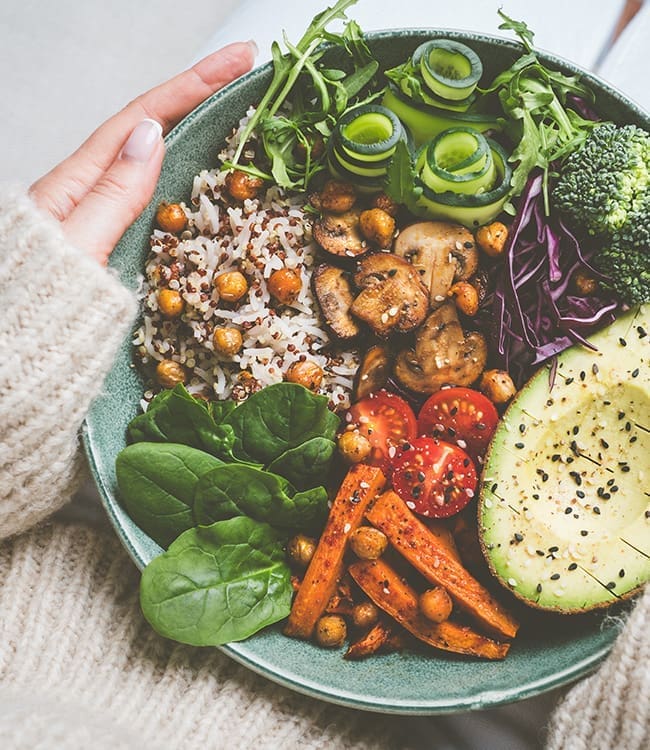“Sugar free” sweetness continues to be the Holy Grail of chemical innovation. A substance that mimics the taste of sugar, with no aftertaste or stability issues and a competitive price is the dream of every food chemist out there – or at least the company that employs them. As we watch global obesity levels rise, reduction of calories has taken on increased urgency among food and beverage companies. As consumers watch their waists expand, interest in reduced calorie foods heightens for many. After fat has been reduced, sugar has long been the “second lever” manufacturers can pull to reduce calories in their products.
Unfortunately, substituting sugar has never been easy, both for those designing the product and those ingesting it. Few who take their first sip of a diet soda are immediately delighted; it’s more of an acquired taste. Even fewer would voluntarily pick up a sugar-free chocolate truffle unless they were concerned with their weight or had diabetes. When it comes to sugar, there’s nothing like the real thing. But the point here is that many people have learned to sacrifice the sugar’s gold standard flavor for sugar substitutes because they see it as the lesser of two evils.
Despite their broad acceptance and regulatory approval, sugar substitutes are not without their issues. For example the Center for Science in the Public Interest recently changed their categorization of sucralose from “safe” to “caution” pending review of an as yet unpublished study from an independent laboratory in Italy that found that the sweetener caused leukemia in mice. This is by no means the first time an artificial sweetener has been implicated in causing cancer. Cyclamate, a classic example, was banned for use in food in the US following studies in the 1960s showing its role in causing bladder cancer in rats. Nevermind a human would need to consume over 350 cans of diet soda containing cyclamate a day to expose themselves to the same risk the rats faced in their experiment to see similar effects.
Our research shows that less than half of Americans feel that sugar substitutes are perfectly safe and the other half of surveyed respondents remain skeptical of the safety of all artificial sweeteners. The cautionary status of sucralose will likely not surprise consumers nor will it deter their use of this sweetener, as sugar has its own health implications for them. If there are any repercussions to this cancer connection, it will only serve to benefit natural nonnutritive sweeteners, like stevia, one of the few sugar substitutes yet to be tied to adverse health outcomes.
Companies using sugar substitutes are subject to the scrutiny applied to these compounds from public interest groups and nutritional experts, having to constantly defend the safety of their product portfolio and ingredients. Coca-Cola’s latest campaign for Diet Coke illustrates one such technique for combating negative perceptions of sweeteners. They are proactively targeting negative perceptions against aspartame via ads that highlight the long history of use and safety studies, and mention the role aspartame can play in preventing obesity.


















![[WATCH] Trending ingredients to watch: Hydroxydecyl Ubiquinone](https://www.mintel.com/app/uploads/2023/06/Hydroxydecyl-Ubiquinone-艾地苯_Digital_Blog_1000x305.jpg)
![[WATCH] Trending ingredients to watch: Monk Fruit](https://www.mintel.com/app/uploads/2023/06/Monk-Fruit-罗汉果_Digital_Blog_1000x305.jpg)



















